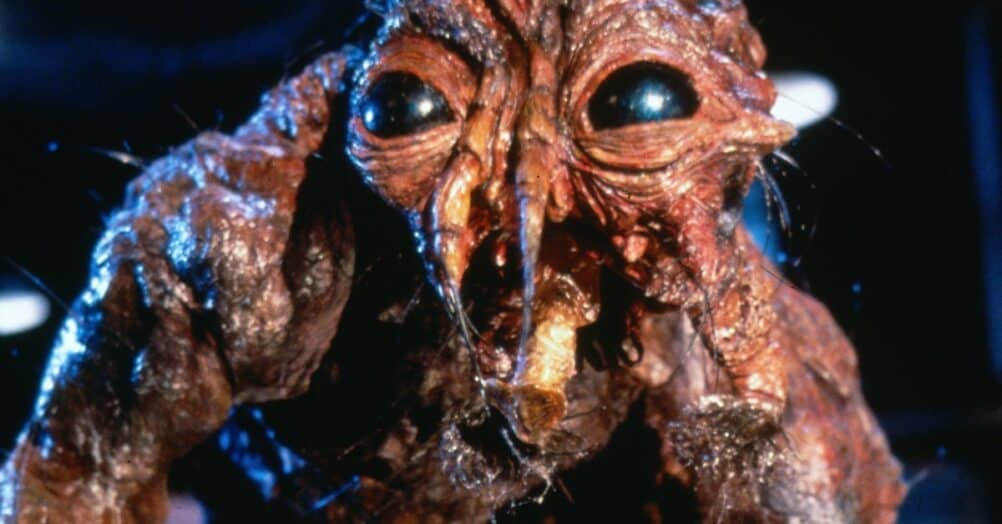Last Updated on October 10, 2022
PLOT: After Jeffrey Dahmer’s arrest, his defence team has the ghoulish task of recording hours of interviews with him as he describes the brutal murders he committed during his reign.
REVIEW: Like so many other people, whenever I see a documentary about serial killers show up on Netflix, I binge it. While I’ve yet to dig into Ryan Murphy’s ultra-popular Dahmer – Monster: The Jeffrey Dahmer Story, I did check-out Joe Berlinger’s brutal documentary series, Conversations with a Killer: The Jeffrey Dahmer Tapes. This is the latest instalment of what I can only assume is an ultra-profitable series for the streamer, with previous instalments focusing on Ted Bundy & John Wayne Gacy.
What makes these docs so disturbing is that they essentially allow the killers to tell their own stories. While Bundy was elusive until the end, Gary and Dahmer were boastful about their kills, relaying them in gruesome detail. While Dahmer affects a man who realizes he’s become a monster, much of it seems like an act designed to get the defence team on his side. By the point he’s captured, authorities have him dead to rights, and his only hope is an insanity defence.
The responsibility of interviewing Dahmer largely falls to attorney Wendy Patrick, who has to maintain her composure as the killer explicitly describes his crimes. Most nauseatingly, he expresses his desire to create a zombie, which he tried to accomplish by drilling holes in the heads of his victims and injecting acid into them. One such victim, Konerak Sinthasomphone, who was only fourteen years old, temporarily escaped Dahmer’s clutches. Despite the efforts of three black teenagers and their mother, homophobic and quite possibly racist police officers returned Konerak to Dahmer. All this even though, had they only searched his apartment, they would have found body parts of other victims, never mind that Konerak was only fourteen. There’s even audio of the cops giggling over the “gay” encounter they broke up, saying that they were going to have to “delouse” after dealing with them.

It’s all pretty troubling stuff, but The Jeffrey Dahmer Tapes also spends time digging into Dahmer’s life before the killings, which included an arrest for sexual assault. The argument is that Dahmer should have been easy for the police to find, but most of his victims came from a lower-class neighborhood and were minorities, so he could hide in plain sight. Interestingly, Dahmer’s neighbours primarily remember him as a quiet, even generous man, with none suspecting what was going on in the low-income housing they lived in with him.
It adds to an intriguing portrait of Milwaukee at the time, which had a thriving gay nightlife, albeit one Dahmer ran amuck in, not that anyone ever tried to stop him. Given the success of Murphy’s show, this edition of Conversations with a Killer is undoubtedly designed as a tie-in. One imagines The Jeffrey Dahmer Tapes will be one of the most popular instalments of this ongoing series to date. As exploitative as some may deem them, it can’t be denied that there’s a reason the exploits of maniacs like Dahmer have captivated the public for so long. Like other seasons of the series, this offers uncomfortable insight into the mind of a man who truly had no empathy whatsoever. The result, quite frankly, is that by the time the credits roll on the final episode, you’ll be glad he’s dead.






























Follow the JOBLO MOVIE NETWORK
Follow us on YOUTUBE
Follow ARROW IN THE HEAD
Follow AITH on YOUTUBE